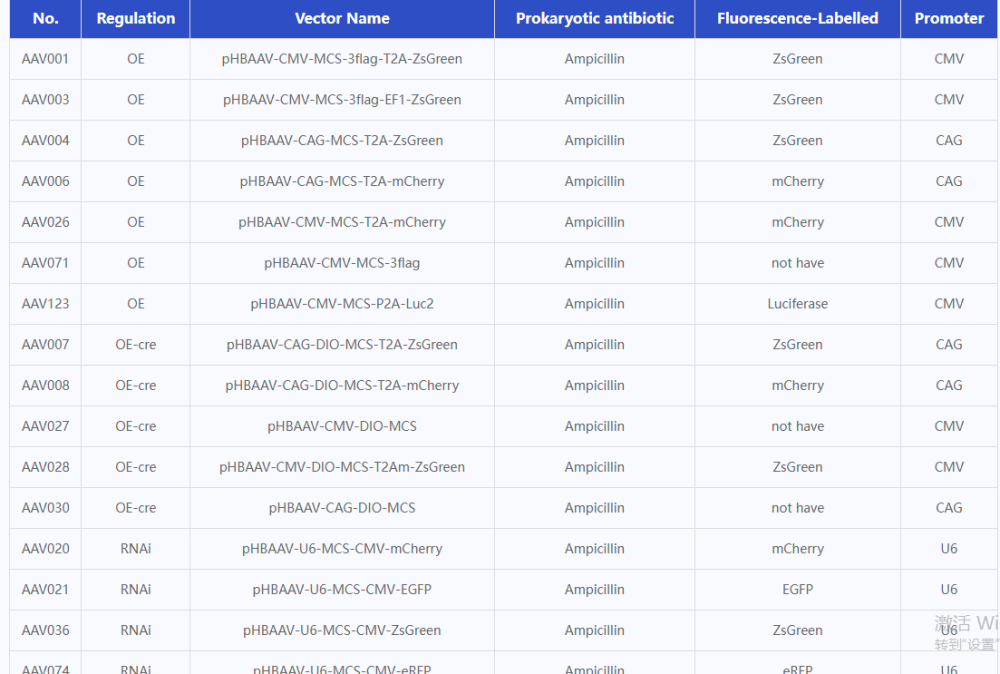Adeno-Associated Virus
Adeno-Associated Virus (AAV) belongs to the family of parvovirus and is a non-enveloped single-stranded DNA virus, with a genome size of 4.7 kb composed of two open reading frames (ORFs) flanked by inverted terminal repeat sequences (ITRs) of 145 nucleotides each. AAV vectors are one of the most commonly used vectors for a variety of gene therapy applications and have been widely used in clinics and basic research mainly owing to their capable of transducing a wide range of species and tissues in vivo with no evidence of toxicity, and it generates relatively mild innate and adaptive immune responses as well as their long-term transgene expression and steady physical properties.
Characteristics of AAV Vectors
Safety
AAV has shown non-pathogenicity in humans and been used to deliver genetic material into target cells to cure or treat disease.
Long-lasting expression
AAV has low immunogenic profile and allowing transgene expression to be persisted for at least 6 months.
A wide range of species and tissues in vivo
AAV has a high titer, reaching levels of over 10^13 viral genomes per milliliter, and is capable of transducing a wide range of species and tissues in vivo with no evidence of toxicity.
offers the following AAV services
1.Customized overexpression and interference of common genes
2.AAV vectors with tissue-specific promoters
3.AAV vectors of CRISPR/Cas9
4.AAV vectors of optogenetics, chemogenetics, calcium indicators, blood-brain barrier-crossing and retrograde tracing
5.AAV vectors of DIO or Cre with tissue-specific
AAV Vestors


